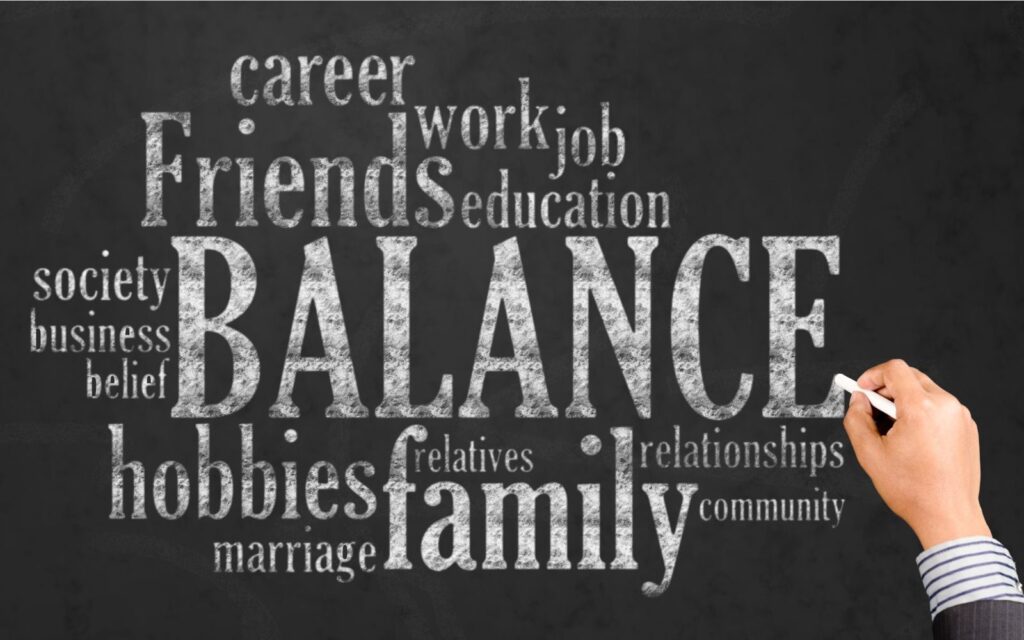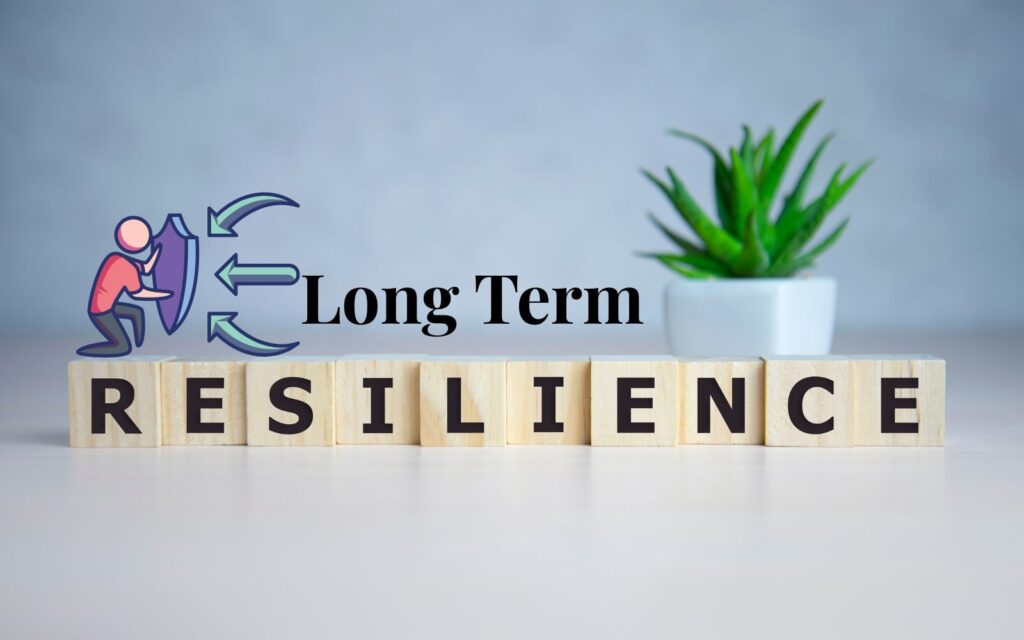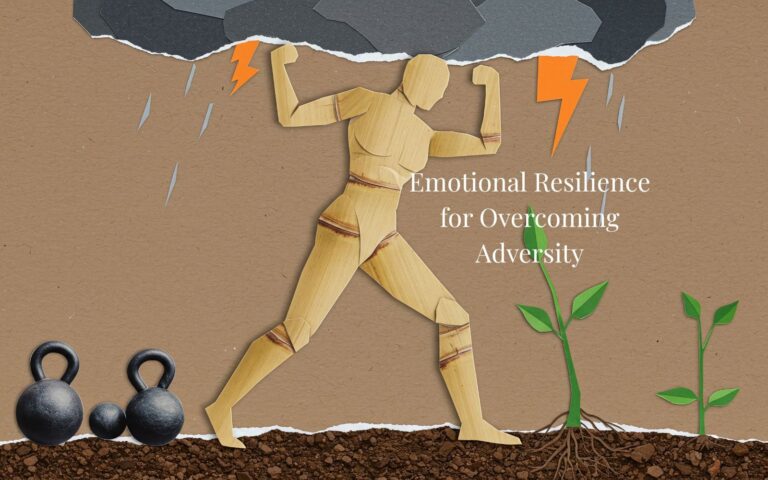How to Balance Emotions During Stressful Times: A Proven Sustainable Approach to Mental Well-Being

Did you know that 77% of people regularly experience physical symptoms caused by stress, according to the American Psychological Association? In our fast-paced world, learning how to balance emotions during stressful times has become as essential as maintaining our physical health.
Whether you’re juggling work deadlines, family responsibilities, or environmental concerns about our planet’s future, emotional overwhelm can leave you feeling disconnected from both yourself and the natural world around you.
This post will guide you through evidence-based strategies for emotional regulation, mindful coping techniques, and sustainable practices that support both your mental well-being and eco-conscious lifestyle.
As someone who has navigated burnout while building an environmentally sustainable career, I’ve discovered that true emotional balance comes from aligning our inner ecosystem with the natural rhythms that surround us.
Key Takeaway
Balancing emotions during stressful times requires a holistic approach that combines mindfulness techniques, stress management strategies, and connection to nature for sustainable mental well-being.
Understanding the Mind-Body-Nature Connection

When we learn how to balance emotions during stressful times, we must first recognize that our emotional ecosystem mirrors the natural world. Just as environmental imbalances affect entire ecosystems, emotional stress creates ripple effects throughout our lives.
Research from Stanford University shows that spending just 90 minutes in nature can reduce activity in the brain’s subgenual prefrontal cortex, the area associated with depression and anxiety. This connection between our mental state and natural environments isn’t coincidental-evolutionary.
Our nervous system responds to stress through the same fight-or-flight mechanisms our ancestors used to survive environmental threats. Understanding this connection helps us develop more effective emotional regulation strategies.
Immediate Stress Response Techniques

The 4-7-8 Breathing Method
When stress hits, your breath becomes your most accessible tool for emotional balance. This technique, popularized by Dr. Andrew Weil, mimics the natural breathing patterns found in meditation practices worldwide.
Inhale through your nose for 4 counts, hold for 7 counts, then exhale through your mouth for 8 counts. Repeat this cycle 3-4 times whenever you feel overwhelmed.
Grounding Through Nature Connection
Step outside and engage your five senses with the natural world around you. Notice five things you can see, four things you can touch, three things you can hear, two things you can smell, and one thing you can taste.
This grounding technique, known as the 5-4-3-2-1 method, instantly shifts your focus from internal stress to external awareness. Even in urban environments, finding small connections to nature-a single plant, the sky, or fresh air-can provide immediate relief.
Building Long-Term Emotional Resilience

Creating Sustainable Daily Practices
How to balance emotions during stressful times isn’t just about crisis management-it’s about building resilience through consistent, sustainable practices. Research from Harvard Medical School indicates that daily mindfulness practice can literally reshape your brain’s structure.
Start with just 5-10 minutes of morning meditation or nature observation. This might involve sitting quietly in your garden, watching sunrise from your window, or simply listening to natural sounds while drinking your morning tea.
Consistency matters more than duration. A brief daily practice builds stronger neural pathways than sporadic longer sessions.
Establishing Boundaries for Mental Ecology
Just as healthy ecosystems require boundaries to maintain balance, your emotional well-being needs clear limits. This includes setting boundaries around news consumption, social media use, and energy-draining relationships.
Consider implementing a “digital sunset”turning off screens 1-2 hours before bed to allow your nervous system to naturally wind down. Replace this time with calming activities like reading, gentle stretching, or planning tomorrow’s intentions.
Nutrition and Natural Support for Emotional Balance

Foods That Support Stress Management
Your diet directly impacts your ability to manage stress and emotional balance. Omega-3 fatty acids found in wild-caught fish, walnuts, and flax seeds support brain health and emotional regulation.
Adaptogenic herbs like ashwagandha, rhodiola, and holy basil have been used for centuries to help the body adapt to stress. Consider incorporating these through teas or supplements, always consulting with healthcare providers first.
Minimize processed foods, excess caffeine, and sugar, which can create blood sugar spikes that mimic stress responses in your body.
The Role of Hydration in Emotional Stability
Dehydration, even at mild levels, can significantly impact mood and cognitive function. Aim for 8-10 glasses of clean water daily, and consider adding electrolytes from natural sources like sea salt or coconut water.
Practical Takeaways
- Practice the 4-7-8 breathing technique during moments of acute stress for immediate nervous system regulation
- Spend 10-15 minutes daily in nature or observing natural elements to reduce cortisol levels and improve mood
- Establish digital boundaries by implementing a “digital sunset” 1-2 hours before bedtime
- Support your body with anti-inflammatory foods like omega-3 rich fish, leafy greens, and adaptogenic herbs
- Create a consistent morning routine that includes mindfulness or nature connection to build emotional resilience
Summary
Learning how to balance emotions during stressful times is both an art and a science that requires patience, practice, and connection to the natural world around us.
By implementing evidence-based stress management techniques, maintaining healthy boundaries, and supporting your body with proper nutrition and nature connection, you can build sustainable emotional resilience. Remember that emotional balance, like environmental sustainability, is a practice-not a destination.
Start with one technique that resonates with you today, and gradually build your toolkit for navigating life’s inevitable stressors with greater ease and wisdom.
What stress management technique will you try first? Share your experience in the comments below and help others on their journey toward emotional balance.
FAQs About How to Balance Emotions During Stressful Times
How quickly can I see results when learning to balance emotions during stressful times?
Most people notice immediate relief from breathing techniques and grounding exercises within minutes of practice.
However, building lasting emotional resilience typically takes 4-8 weeks of consistent daily practice, according to neuroscience research on habit formation and brain plasticity.
Can spending time in nature really help balance emotions during stressful periods?
Yes, numerous studies confirm that nature exposure reduces cortisol levels, lowers blood pressure, and decreases activity in brain regions associated with depression and anxiety.
Even 20 minutes of nature connection can provide measurable stress relief and emotional regulation benefits.
What’s the best way to balance emotions during stressful times while maintaining a busy work schedule?
Integrate micro-practices throughout your day: use the 4-7-8 breathing technique between meetings, take walking breaks outdoors, practice gratitude during your commute, and establish clear work-life boundaries. These small actions compound to create significant emotional balance improvements.
How do I know if I need professional help to balance emotions during stressful times?
Seek professional support if stress consistently interferes with sleep, relationships, or daily functioning for more than two weeks, or if you experience persistent feelings of hopelessness, panic attacks, or thoughts of self-harm. Professional guidance can enhance your stress management toolkit significantly.
Are there specific foods that help balance emotions during stressful times?
Yes, research shows that omega-3 fatty acids, magnesium-rich foods, complex carbohydrates, and adaptogenic herbs can support emotional regulation and stress response.
Avoid excessive caffeine, processed foods, and alcohol, which can exacerbate stress symptoms and emotional instability.





